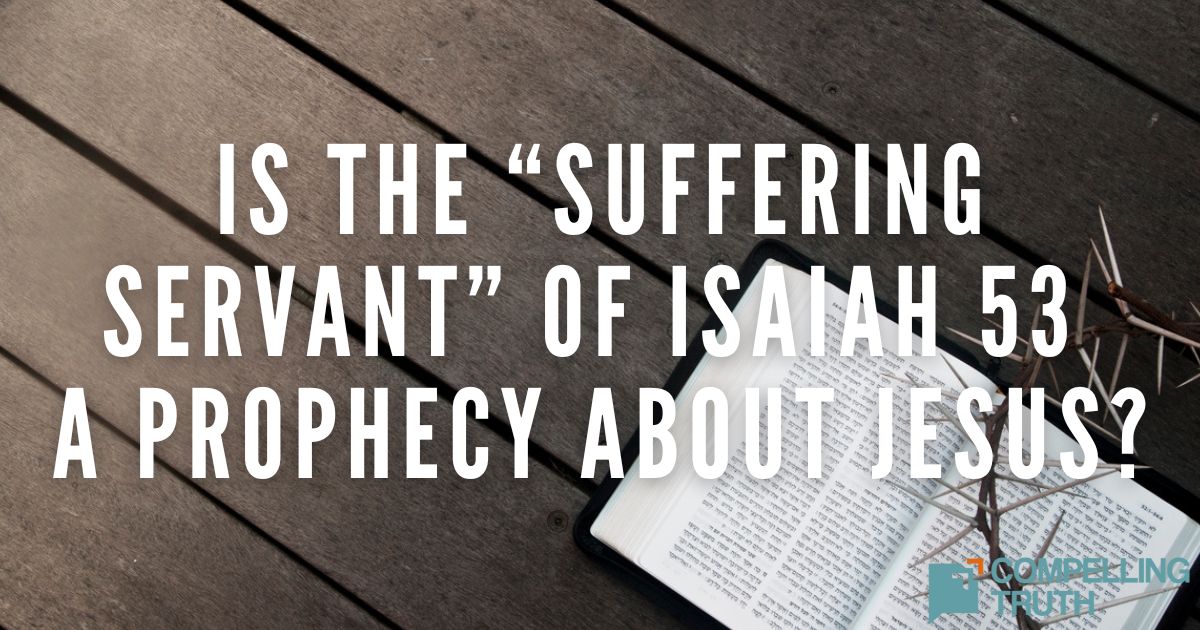Having one’s face “set like flint” is an expression in Scripture. Flint is an extremely hard rock, and to be like flint means that one has an unshakable resolution to see his task through. It is as if one’s face, or determination, is so hard that he can walk through anything. In Isaiah 50:7, that expression is applied to the Servant, who would later be identified as Jesus (Acts 8:34–35). God was said to strengthen Him such that He could approach His mission without swerving. That resolute attitude would be a hallmark of Jesus’ ministry. He was driven from the start to finish, to reach the cross, not allowing friends or foes to deter Him from His mission (Matthew 16:21–23). He would not allow it to be rushed (John 2:4), and when the time came, “he set his face to go to Jerusalem” (Luke 9:51). In the end, Jesus completed His mission in full (John 17:4, 19:50), and we are called to follow Him with steadfast faith anchored on Him.
Interestingly, Isaiah also exemplified the Servant, being faithful to speak God’s words to the people of Judah and Israel, even when the people were unreceptive. We, too, can “set our faces like flint” in following God. This may look like lovingly speaking truth from Scripture even when it’s unpopular, staying faithful in prayer for someone who resists God, resolutely seeking God each day even when going through difficulty, or continuing to serve in a ministry when results are slow or unseen. It can mean choosing integrity at work when others cut corners, holding firm to biblical convictions in relationships, or walking through trials without giving up on God’s promises. Like Isaiah—and ultimately Jesus—we endure not because it’s easy but because we are strengthened by the Lord, confident that He sees, loves us, and equips and empowers us to live for Him.
We are instructed by His Word (2 Timothy 3:16–17) and called to obey Him (John 15:1–17; Philippians 2:12–13; James 1:22). We will face hardship like Him (John 16:33; 2 Timothy 3:12; 1 Peter 4:12–13), but we will not ultimately be disgraced because the Lord is our helper (Hebrews 13:5–8; 1 Peter 4:16–19). Because of Jesus’ death and resurrection, all who put their trust in Him are vindicated before the Lord (2 Corinthians 5:21; Ephesians 1:3–14; Romans 8:1–39). We can stand resolute in Christ, knowing our security is in Him (John 10:28–30). And thus, we can live in the midst of this fallen world with our hearts at rest and our faces set firmly toward Him and His will.




